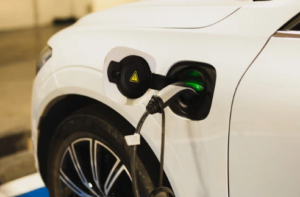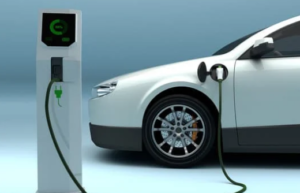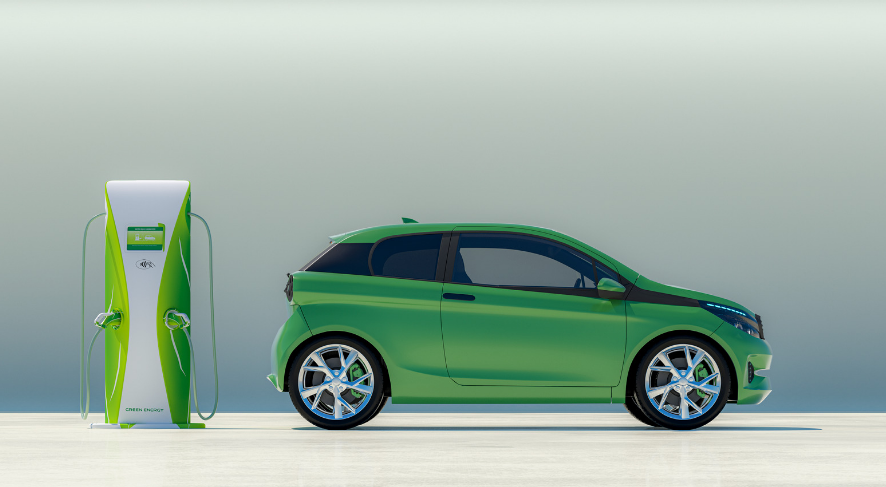Table of Contents
There are several options if you’re an employer and want to buy an electric car. First, you’ll need to decide whether buying or leasing is best for your needs. When searching for a good quality fleet of electric cars for business purposes, Auto Trader car lease deals can be extremely beneficial in the long term to save costs and reduce carbon emissions.
Tax Benefits of Electric Cars

- 100% tax relief on the car’s value means no corporation tax is due on that value.
- The company can claim 100% tax relief on the car’s value, meaning no corporation tax is due on that value.
- The amount of tax relief is based on the car’s list price and does not include VAT, which means it is entirely exempt from corporation tax.
- The car must only be used for business purposes (i.e., for work), and over 50% of your time must be spent using it. You can also qualify if you use it over 100 miles per year or more than once every three months.
What is a First-Year Capital Allowance?
The first-year capital allowance is a tax-free way to reduce the cost of your car. It’s worth claiming as it can save you up to £1,500 per year on the purchase price of your vehicle and will allow you to offset any other business rates against it (such as repairs).
First-Year Capital Allowance is an amount which can be claimed by businesses when buying new cars or vans for their employees through payroll deductions or through benefit schemes such as National Insurance Contributions (NICs).
In most cases, this will be calculated from the cost of acquisition plus any additional costs associated with leasing rather than purchasing outright. So if a company buys an electric car with a 100% first-year capital allowance, they’ll still get full use out of their business mileage allowance for every mile travelled since purchase day!
First-Year Capital Allowance is a great way to save money for businesses on their vehicles and help the environment by encouraging them to buy more environmentally-friendly cars.
The reduced benefit-in-kind tax rate is 0% in 2020/21, 1% in 2021/22, and 2% in 2022/23.
Benefits Of Electric Cars

- They have no tailpipe emissions, producing zero carbon dioxide (CO2) when you drive them. This means you are reducing your environmental impact by driving an electric car instead of a petrol or diesel vehicle.
- They use less fuel than conventional cars, which means that they require less maintenance over their lifetime – reducing running costs significantly over time
- They are more reliable than traditional cars, which reduces the
- likelihood of unexpected repair costs. They have lower maintenance costs and lower depreciation rates than conventional cars.
- Electric cars are more convenient to charge than conventional cars
- because they can be charged at home overnight or at work during the day. They don’t need to be refuelled as often, reducing the time spent with your car.
- They have a lower purchase price than conventional cars, which means they can save you money in the long run.
- They are more comfortable and easier to drive than traditional cars because they have no gearbox or clutch, so drivers don’t have to worry about them.
- Electric cars are exponentially better for the environment than conventional cars because they produce no harmful emissions. They don’t make any noise when you drive them, which makes them suitable for use in quiet areas where other vehicles would disturb residents or wildlife.
Rapid Chargers

Rapid charging points can be used to charge a vehicle in under 30 minutes, and the process is much more convenient than using slow charging points. The fast chargers are cheaper than slow chargers, which means you’ll save money on your electric car lease or purchase.
The rapid chargers are also more convenient than slow chargers because they can be used at any time of day, including overnight. Slow chargers must be used during the day, so you save money on electricity.
Vehicle Excise Duty Exemption
Electric cars are exempt from VED, which means they don’t have to pay any tax. However, if you buy an electric vehicle, it will fall into one of two VED bands depending on its CO2 emissions and list price. The first-year rate is £0 for cars with zero emissions but higher for those with more than zero. If none of these applies, you have to pay £310 per year from years 2 – 6.
If your electric vehicle is less than 80% efficient in energy consumption (for example, charging times are very high), it may be taxed at a lower rate than other vehicles in this band.
Author Profile

- Guest Blogger & Outreach Expert - Interested in Writing Blogs, Articles in Business Niche | News Journalist By Profession in the United Kingdom
Latest entries
 BusinessFebruary 17, 2026Why Online Shops Need a Fulfilment Centre?
BusinessFebruary 17, 2026Why Online Shops Need a Fulfilment Centre? LawJanuary 9, 2026Emily Windsor On The Judgment Calls Barristers Make Daily
LawJanuary 9, 2026Emily Windsor On The Judgment Calls Barristers Make Daily TravelJanuary 7, 2026Key Considerations When Installing Temporary Barriers for Roadworks
TravelJanuary 7, 2026Key Considerations When Installing Temporary Barriers for Roadworks BusinessNovember 21, 2025A Practical Guide to Using LMS Platforms for Better Onboarding
BusinessNovember 21, 2025A Practical Guide to Using LMS Platforms for Better Onboarding





